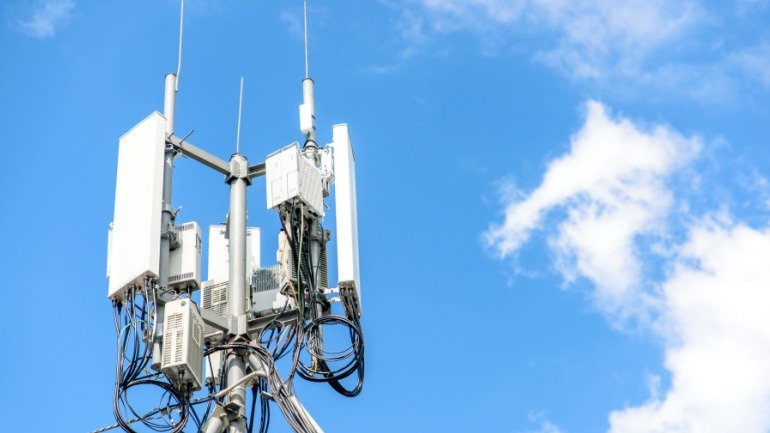FCC Chairman Brendan Carr has warned EU nations about growing reliance on Starlink, highlighting risks of over-dependence on a single satellite provider. European officials share concerns, especially as geopolitical tensions rise. While local alternatives like OneWeb emerge, the EU faces tough challenges in securing technological autonomy.
Reliance Jio is intensifying its push to mandate satellite spectrum auctions, arguing that direct allocation allows firms like SpaceX’s Starlink to unfairly undercut traditional wireless operators on pricing. As India’s telecom regulator evaluates implications from satellite competitors like Amazon’s Kuiper, the urgency grows to level the regulatory playing field.
Reliance Jio Infocomm has partnered with OnePlus to validate 5G network slicing at a new 5G lab in India. This innovative technique divides a single physical network into multiple virtual networks, enhancing the 5G experience.
The recent partnership between Plume, the cloud wifi platform provider, and one of India’s telecom titans, Reliance Jio, aims to deliver smart home services to almost 200 million properties. Subscribers will gain access to AI powered services offering a range of benefits, from adaptive wifi and performance optimization to enhanced cyber protections. Yet, with great expansion comes potential challenges, such as customer service and quality control.
Securing a nearly $2 billion loan, Reliance Jio fortifies its ambition in the 5G arena. The funds will enhance Jio’s growth with the acquisition of leading-edge Nokia 5G equipment. Planning one of the fastest 5G rollouts, it’s further partnering with Samsung and Ericsson. Please note, success breeds competition and Bharti Airtel isn’t far behind.
Vodafone Idea is advancing India’s telecom infrastructure by expanding its 5G network to 23 more cities, including Ahmedabad and Jaipur. This strategic rollout leverages AI-driven Self-Organising Networks for optimized performance. By partnering with Nokia, Ericsson, and Samsung, Vodafone Idea ensures robust 5G coverage.
AIS’s launch of Thailand’s first hyperscale cloud platform marks a pivotal shift in local digital transformation. By partnering with Oracle, AIS Cloud ensures data sovereignty and compliance with Thai laws, reducing foreign dependency. This advancement is crucial for businesses embracing AI and big data.
SK Telecom is advancing its AI capabilities by collaborating with Rebellions to trial a domestic AI chip, ATOM, for improved AI services. The initiative aims to achieve self-reliance in AI technology, enhancing Korea’s global standing.
A recent study by BT highlights a critical cybersecurity gap among UK SMEs, with 39% neglecting essential training. This oversight leaves nearly two million businesses vulnerable to cyberattacks like phishing and ransomware, which affect 85% of companies.
Starlink has secured approval to provide satellite broadband in India, entering a competitive field with Airtel and Jio. Backed by a key license, it must meet strict local data and infrastructure rules before launch. With trial spectrum rights expected soon, Starlink prepares to help bridge connectivity gaps in underserved regions.













